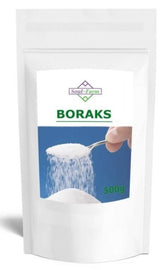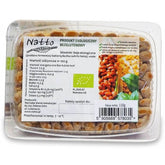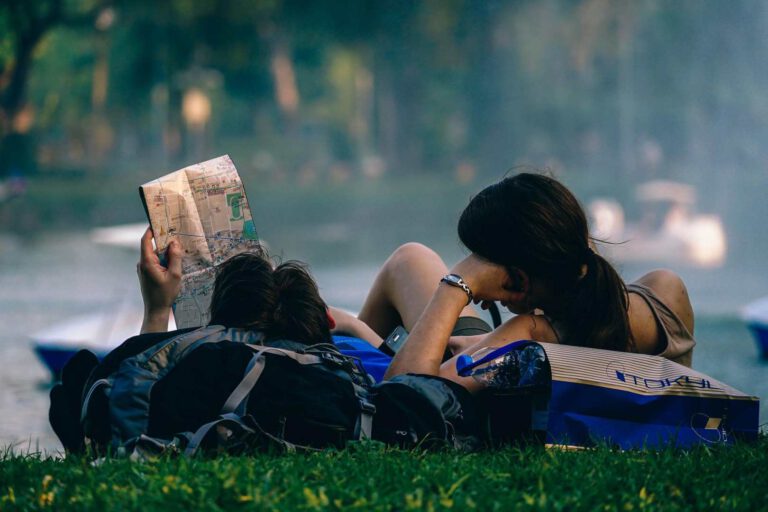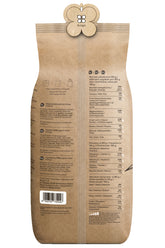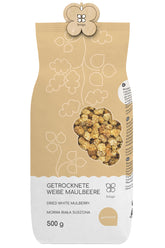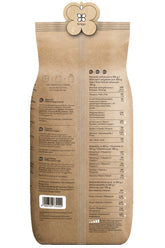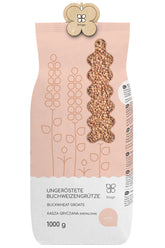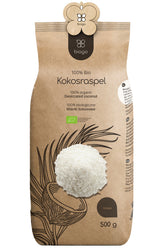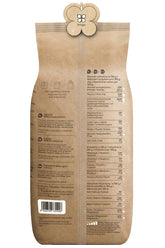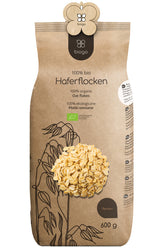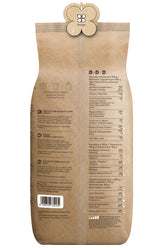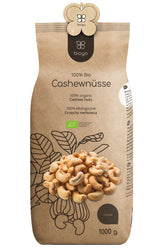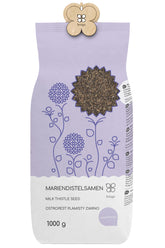Eco-friendly travel – how can you be environmentally friendly on vacation?
- What problems are associated with tourism?
- An ecological journey
- Eco-accommodation
- Zero-waste luggage
- Local souvenirs
Many of us wait all year for our vacation—to finally unwind and relax, but also to discover new places, cultures, and customs, and to spend time with family or a group of close friends. As we prepare for this longed-for vacation, we often don't consider the importance of the tourism industry for nature. And unfortunately, it turns out to be huge, and unfortunately, not necessarily positive.
What problems are associated with tourism?
Unfortunately, it turns out to be quite serious. Every year, around one billion tourists vacation around the world. This affects, among others:
- Air pollution, e.g. in connection with air and car traffic,
- excessive waste production,
- depletion of local natural resources,
- Extinction of ecosystems and loss of natural habitats.
Examples of the destructive impact of the tourism industry include the Great Barrier Reef, which runs along the coast of Australia and is shrinking every year; Venice, whose monuments are threatened with extinction due to climate change and the entry of giant cruise ships into its harbor; and the overexploitation of the Philippine island of Boracay. We shouldn't remain indifferent to these disturbing phenomena and prepare for the holidays in a way that doesn't negatively impact the environment and local residents. Here's a hint on how to organize an eco-style vacation.
An ecological journey
From an ecological point of view, the ideal would be to travel locally, to places as far away from where we live as possible, because air travel, especially over short distances, is responsible for the greatest emissions of pollutants. The most environmentally friendly means of transport are bicycles, trains, and public transport. However, sometimes traveling by plane is the only option if we want to visit other countries. This is why airlines offer "carbon offsetting" – it consists in allowing us to contribute funds to environmental protection when we buy a ticket. We can also donate these funds ourselves to a cause of our choice to compensate and offset the greenhouse gases produced and the carbon footprint.
Eco-accommodation
Hotels are generally not environmentally friendly, as they produce huge amounts of waste and also consume a lot of water and energy. When choosing a hotel, pay attention to the basic principles of ecology and try to save energy and water, use a set of towels, and avoid disposable hotel cosmetics. There are also hotels in Europe that have received the EU Ecolabel certificate, which guarantees that a particular establishment is taking measures to reduce its carbon footprint. To obtain this certificate, the hotel must meet specific conditions, for example, at least 50% of its energy must come from renewable sources and the air conditioning and lights must turn on automatically. An ecological solution could be renting an apartment from a private individual—then we can take care of waste separation, energy saving, or limiting waste production ourselves. It is also good to pay attention to aspects such as whether the food served comes from local products.
Zero-waste luggage
To minimize waste, we take a flask, a water bottle, and a thermos for coffee with us when traveling. Forget bottled water or other coffee in a plastic cup. The same applies to provisions – preparing food yourself and packing it in reusable containers, wax wraps , and lunch boxes with bamboo cutlery prevents the use of plastic dishes and allows us to avoid unhealthy junk food. Zero-waste luggage also includes a well-stocked cosmetic bag, in which we pack essential products, such as a bamboo toothbrush, reusable cotton pads, soap and shampoo cubes , organic toothpaste in a jar, powder, or tablet form, and organic deodorant. Sunscreen should also be included in the cosmetic bag. It is important that the cream is organic and free of preservatives, parabens, and dyes. Conventional creams contaminate seawater and animals.
Local souvenirs
If we dream of a souvenir from a trip, we should take a closer look, as these are often mass-produced in China. Not only do they have nothing to do with the place we visited, but they are usually of poor quality, and by purchasing them, we are supporting distant factories rather than local residents. Finally, one important rule: Under no circumstances should we leave behind any trash or garbage, and we should never take plant fragments, stones, or other fragments of nature as souvenirs.
THE PUBLISHER'S CHOICE
Almonds 1 kg BIOGO
- €11,69
€13,75- €11,69
- Unit price
- / per
Walnuts 800 g BIOGO
- €8,65
€10,18- €8,65
- Unit price
- / per
Dried organic mango 400 g BIOGO
- €10,99
- €10,99
- Unit price
- / per
Dried White Mulberries 500 g ORGANIC
- €5,84
€6,87- €5,84
- Unit price
- / per
Dried organic figs 800 g BIOGO
- €30,12
- €30,12
- Unit price
- / per
Unpeeled buckwheat groats 1 kg BIOGO
- €2,81
€3,31- €2,81
- Unit price
- / per
Organic coconut flakes 500 g BIOGO
- €10,07
- €10,07
- Unit price
- / per
Organic oat flakes 600 g BIOGO
- €3,77
- €3,77
- Unit price
- / per
Organic cashew nuts 1 kg BIOGO
- €19,99
- €19,99
- Unit price
- / per
Milk thistle seeds 1 kg BIOGO
- €3,99
- €3,99
- Unit price
- / per






